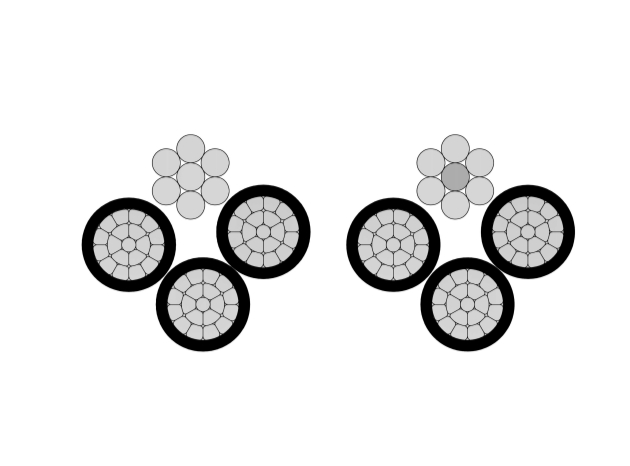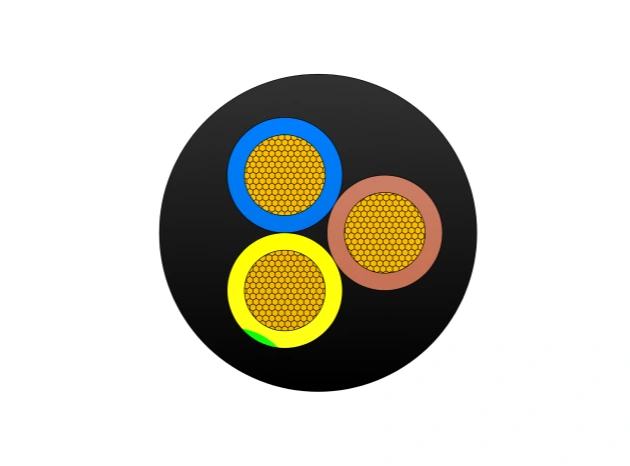Type 210 Flexible Rubber Mining Cable
- Voltage Rating 1.1kV
Construction
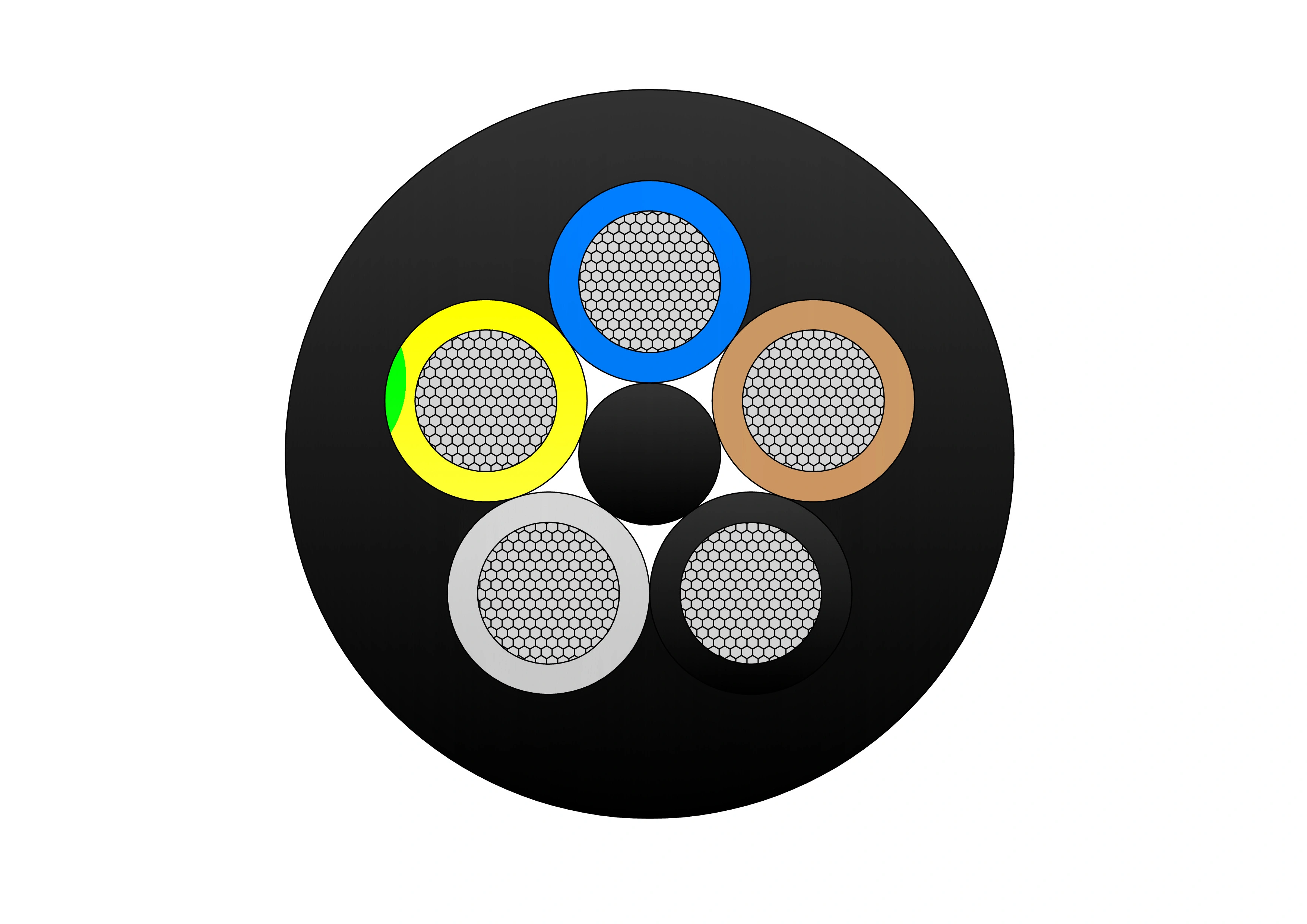
Conductor
Insulation
Insulation Screen
Conductor Screen
Composite Screen
Pilot Core
Cradle Separator
Sheath Colour
Manufacturer Standard
Central Extensible Pilot
Sheath
Application
Technical Specifications
| No. Of Cores |
NOMINAL CONDUCTOR AREA mm² |
NUMBER/ SIZE STRAND No/mm |
CORE SCREEN | PILOT CONDUCTOR |
NOMINAL OVERALL DIAMETER mm |
NOMINAL WEIGHT kg/km |
||
|
STRAND SIZE No/mm |
AREA OF SCREEN mm² |
STRAND SIZE No/mm |
THICKNESS OF COVERING mm |
|||||
| 3 | 1.5 | 30/0.25 | 7/0.25 | 5.2 | 24/0.20 | 0.8 | 23.7 | 83 |
| 3 | 2.5 | 30/0.25 | 7/0.25 | 5.8 | 24/0.20 | 0.8 | 25.1 | 92 |
Quality Control
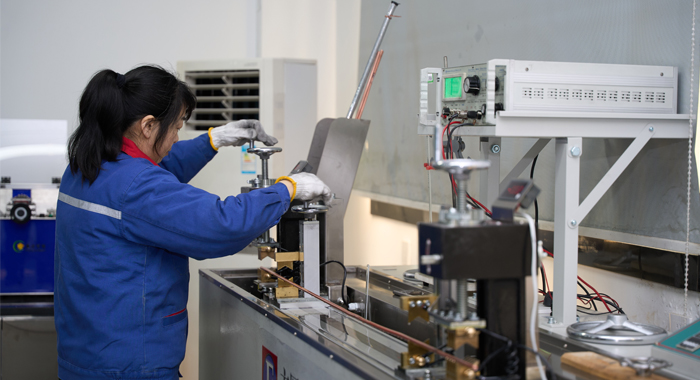
Raw Material Test
Raw Material Test for Type 210 Flexible Rubber Mining Cable ensures extra-heavy-duty mining-grade quality and safety. The rigorous process includes: Supplier Certification Review: Verify class 5 tinned copper conductors meet AS/NZS 1125 or IEC 60228 for purity (>99.9% Cu), stranding, and tin coating; EPR insulation and extra-heavy-duty rubber sheath compounds certified to AS/NZS 2802 for flame retardancy, abrasion, and impact resistance. Conductor Analysis: Test tinned copper for tensile strength (>200 MPa), elongation (>20%), conductivity (≥97% IACS), and tin layer uniformity to ensure corrosion resistance and flexibility under extreme drag/reeling. Insulation Testing: EPR insulation evaluated for tensile (>6.5 MPa), elongation (>300%), dielectric strength (>20 kV/mm), thermal aging (100°C/168h), hot set test (≤175% elongation after 200°C/15 min), and water absorption resistance.
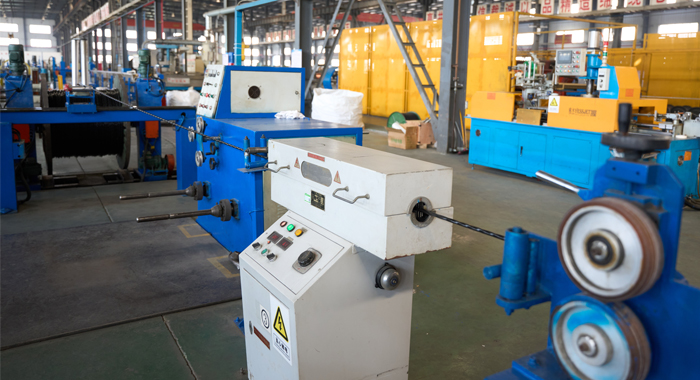
Process inspection
Process Inspection during manufacturing of Type 210 Flexible Rubber Mining Cable maintains mining safety and extra-heavy-duty consistency. Steps include: Conductor Stranding: Monitor class 5 stranding for uniform lay length, compactness, and no loose strands using online gauges. Insulation Extrusion: Apply EPR insulation at controlled thickness; inline diameter scanners, eccentricity monitors, and spark testers detect voids or defects. Screening Application: Braid tinned copper with precise coverage (>80%) and tension control; real-time monitoring of braid angle and optical coverage for effective EMI protection. Outer Sheath Extrusion: Extrude extra-heavy-duty rubber sheath; continuous checks on thickness, surface finish, adhesion, and enhanced abrasion/crush properties.
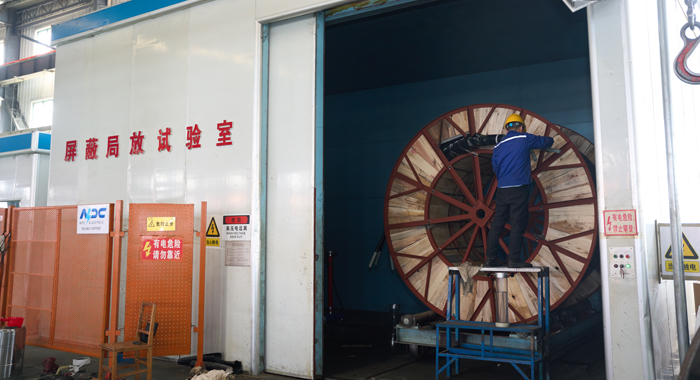
Finished Product
Finished Product Test confirms the Type 210 Flexible Rubber Mining Cable meets stringent mining standards before shipment. The procedure includes: Visual & Dimensional Inspection: Examine full length for defects, uniformity, markings, and measure outer diameter/weight per meter. Electrical Tests: Conductor DC resistance, insulation resistance (>1000 MΩ·km), high-voltage withstand (e.g., 11kV for 3.6/6kV class/5 min), partial discharge, and screen continuity per AS/NZS 2802/IEC. Mechanical Evaluation: Bending radius (6–8× OD), tensile strength, enhanced crush resistance, extreme abrasion/tear tests, and dynamic flexing to simulate mining reeling. Sheath & Insulation Performance: Oil immersion, superior flame retardancy (AS/NZS 1660.5.1 or IEC 60332), thermal aging, impact resistance, and moisture resistance verified.
Application
Technical Advantages
Product Packaging
Related Products
FAQ From Customers
-
What are the advantages of power cables and overhead lines?(1) Reliable operation, because it is installed in a hidden place such as underground, it is less damaged by external forces, has less chance of failure, and the power supply is safe, and it will not cause harm to people; (2) The maintenance workload is small and frequent inspections are not required; (3) No need to erect towers; (4) Help improve power factor.
-
Which aspects should be considered when choosing the cross section of a power cable?(1) The long-term allowable working current of the cable; (2) Thermal stability once short circuited; (3) The voltage drop on the line cannot exceed the allowable working range.
-
What are the measures for cable fire prevention?(1) Use flame-retardant cables; (2) Use fireproof cable tray; (3) Use fireproof paint; (4) Fire partition walls and fire baffles are installed at cable tunnels, mezzanine exits, etc.; (5) Overhead cables should avoid oil pipelines and explosion-proof doors, otherwise local pipes or heat insulation and fire prevention measures should be taken.
-
What should be paid attention to during the transportation and handling of cables?(1) During transportation, loading and unloading, cables and cable reels should not be damaged. It is strictly forbidden to push the cable reels directly from the vehicle. Generally, cables should not be transported and stored flat. (2) Before transporting or rolling the cable reel, ensure that the cable reel is firm, the cable is wound tightly, the oil pipe between the oil-filled cable and the pressure oil tank should be fixed without damage, the pressure oil tank should be firm, and the pressure indication should meet the requirements.
-
What inspections should be carried out for the acceptance of cable lines?(1) The cable specifications should meet the regulations, the arrangement should be neat, no damage, and the signs should be complete, correct and clear; (2) The fixed bending radius of the cable, the related distance and the wiring of the metal sheath of the single-core power cable should meet the requirements; (3) The cable terminal and the middle head should not leak oil, and the installation should be firm. The oil pressure of the oil-filled cable and the meter setting should meet the requirements; (4) Good grounding; (5) The color of the cable terminal is correct, and the metal parts such as the bracket are completely painted; (6) There should be no debris in the cable trench, tunnel, and bridge, and the cover should be complete.

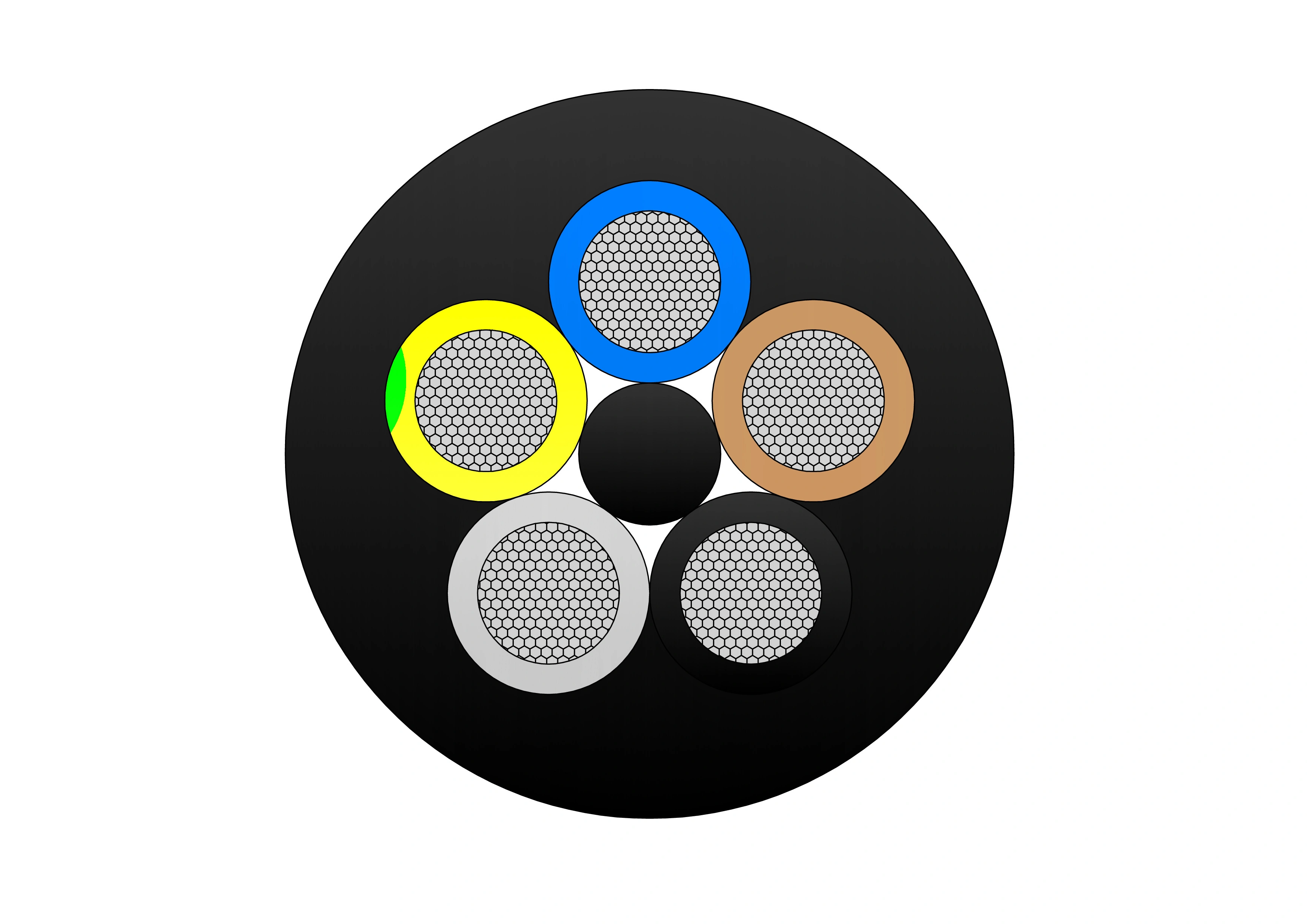


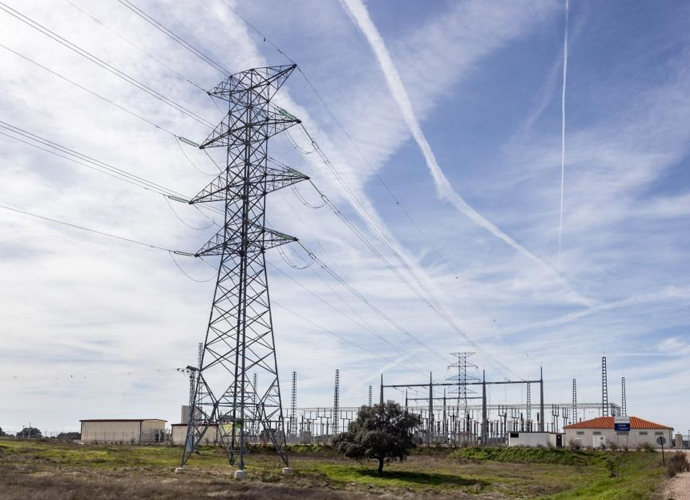
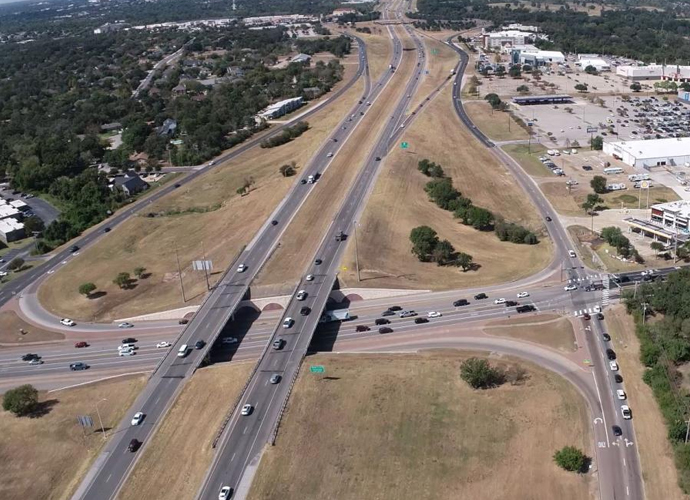
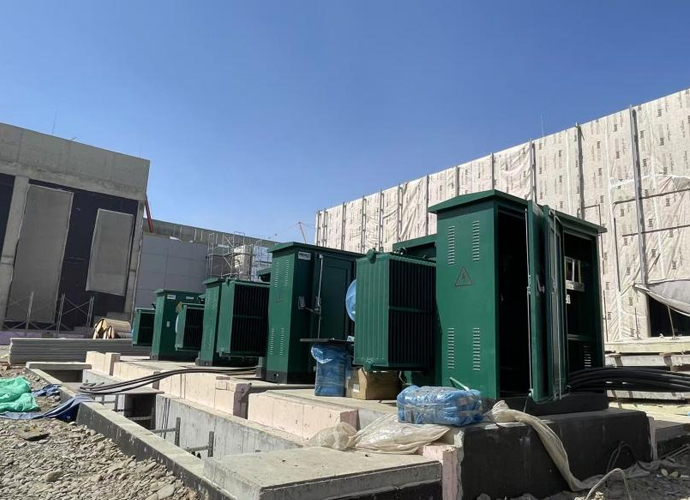
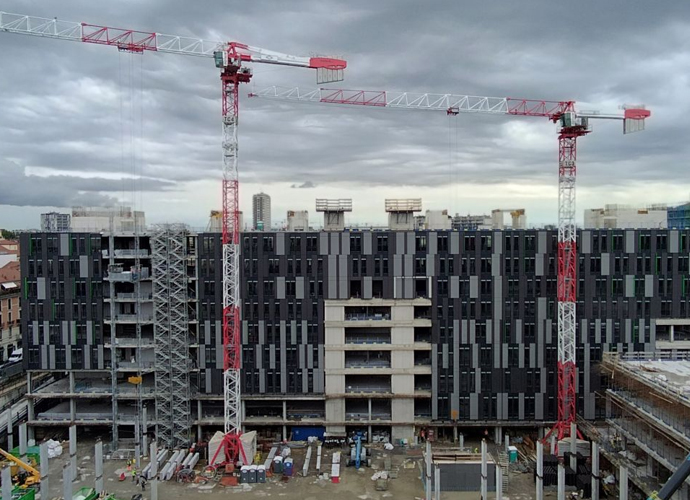
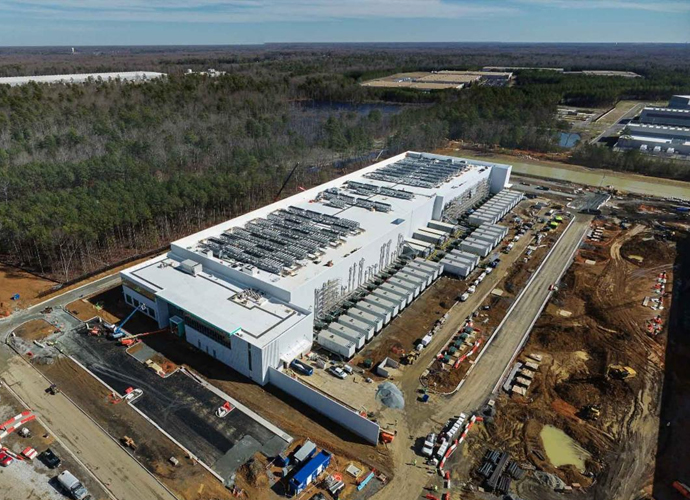
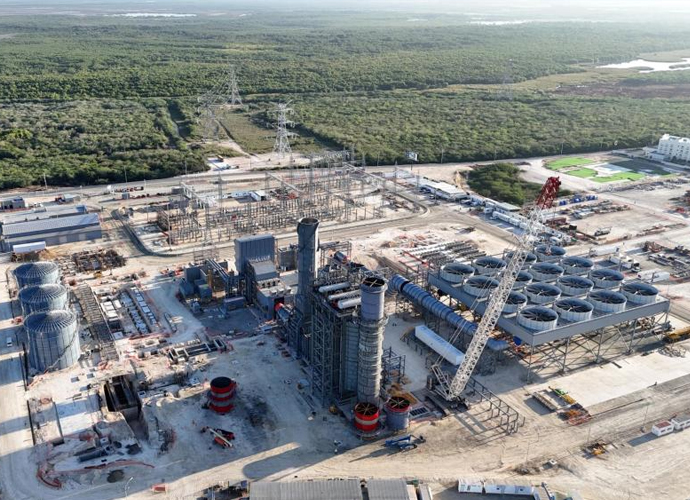
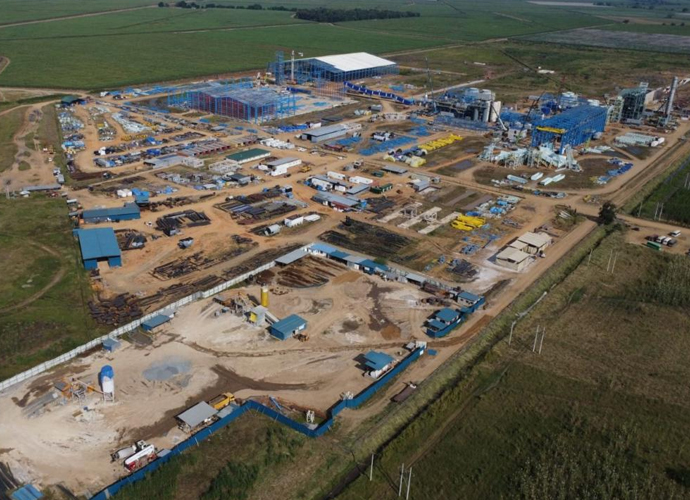
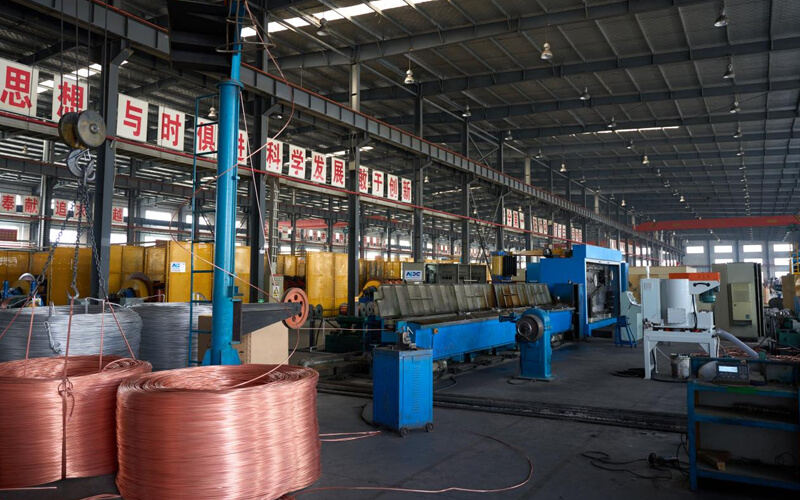
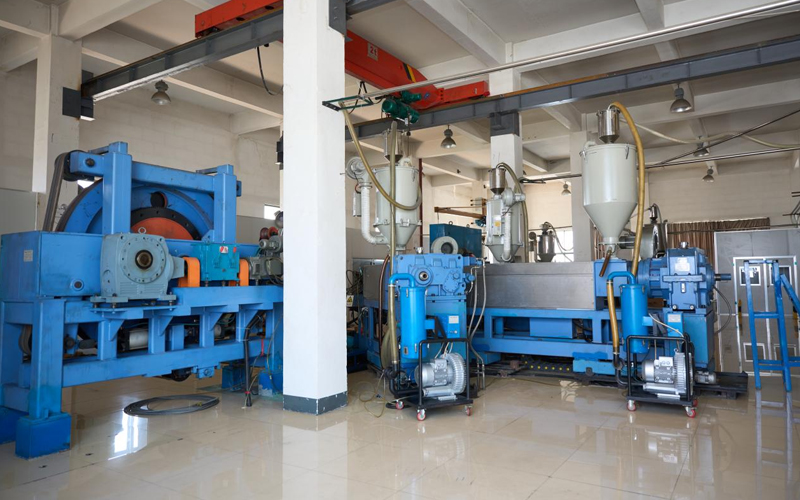
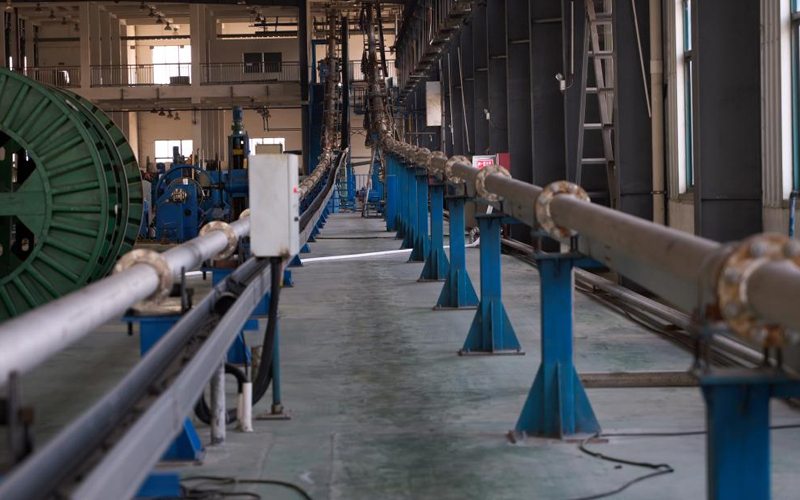
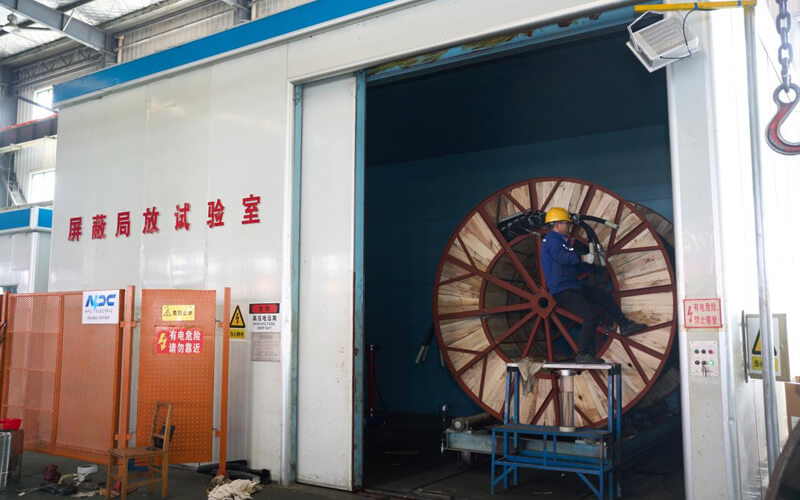
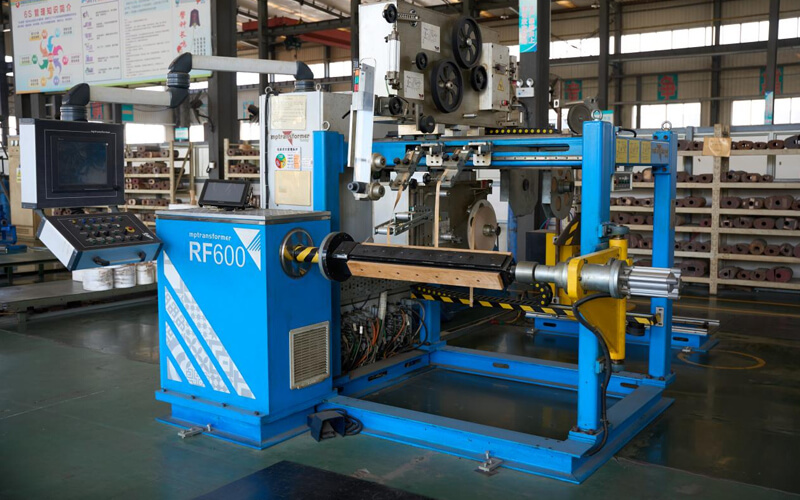
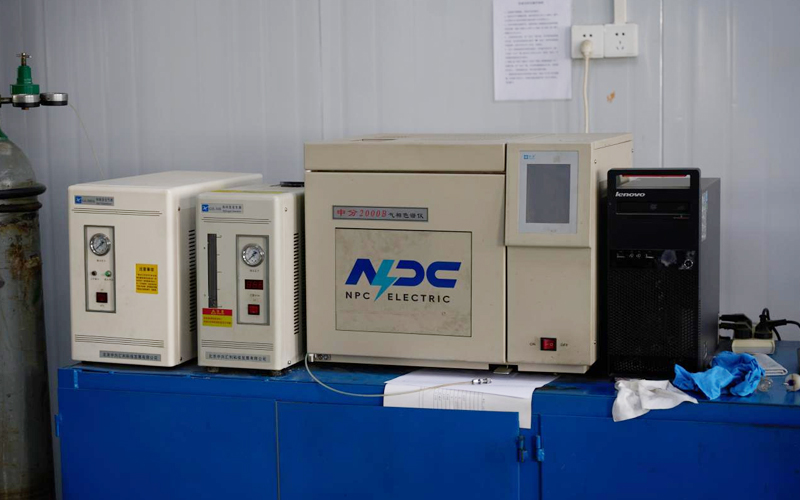
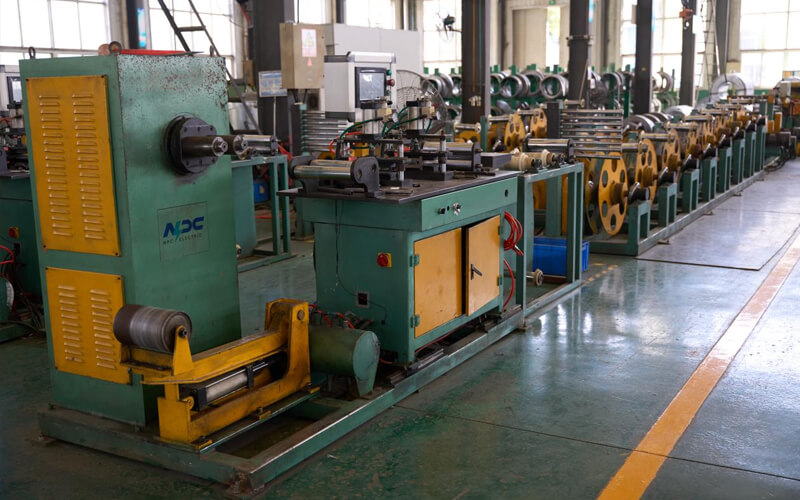
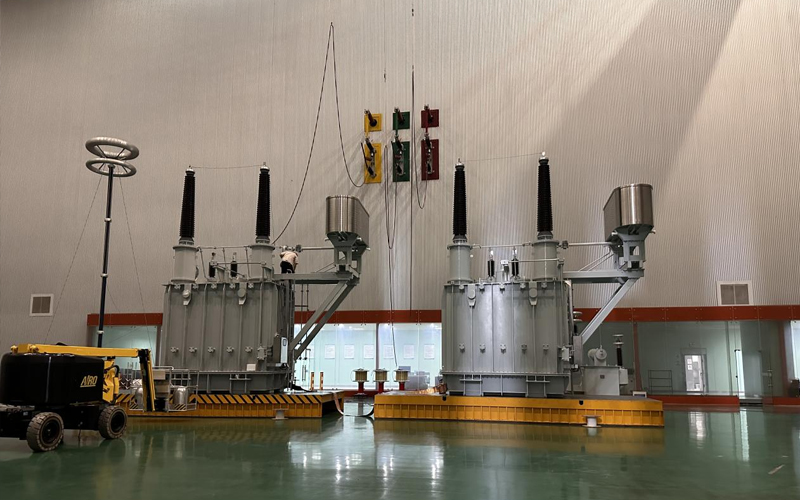
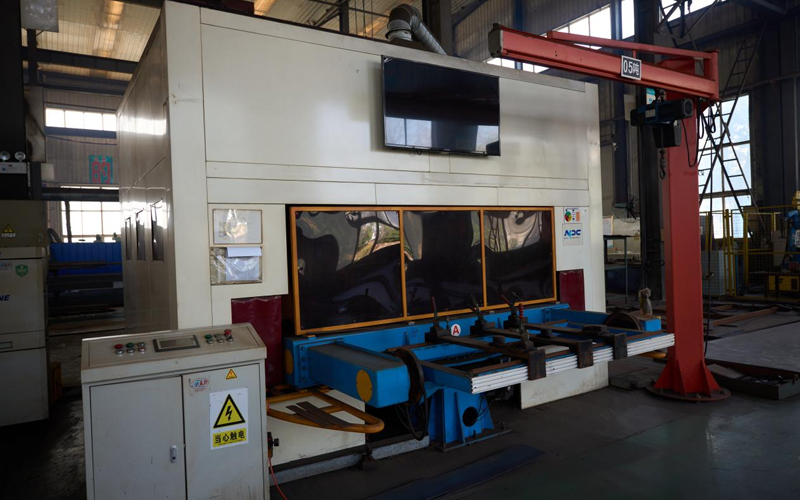
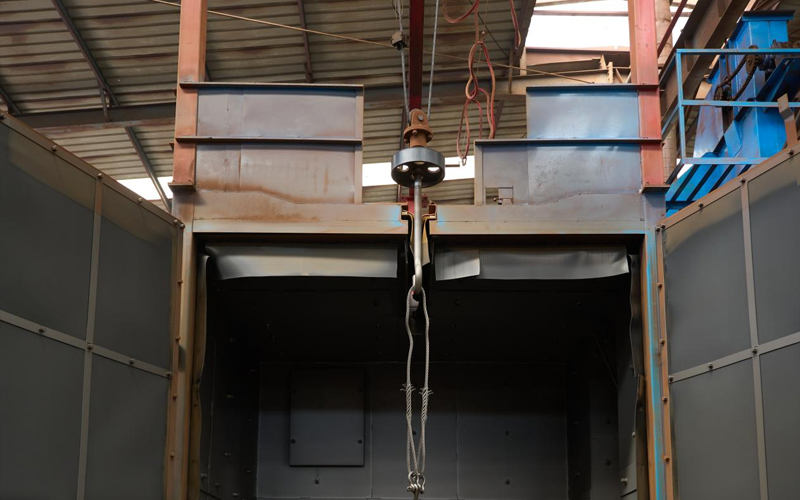
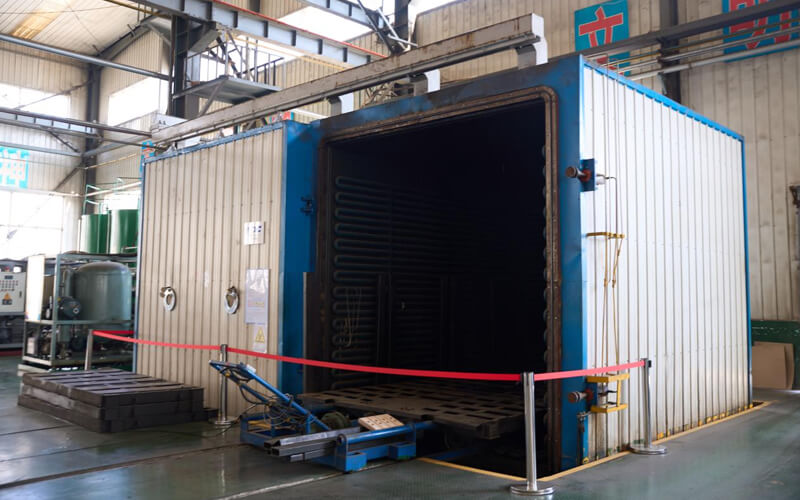
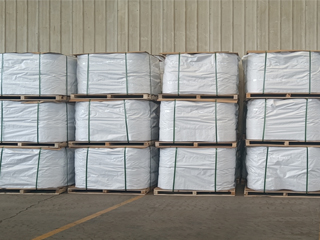
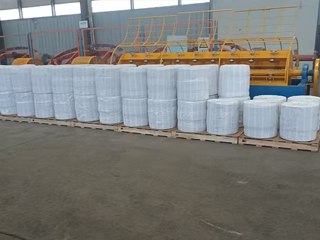
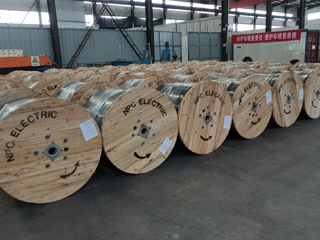
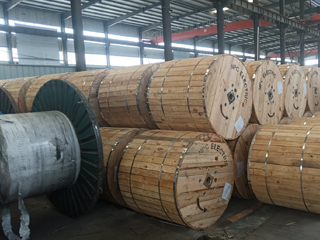
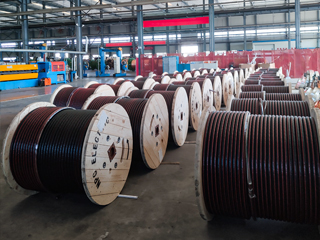
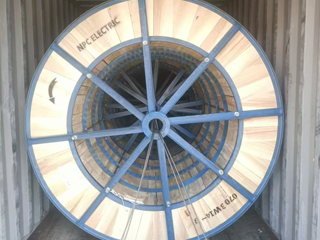
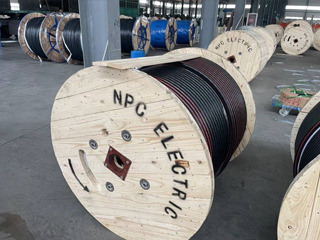
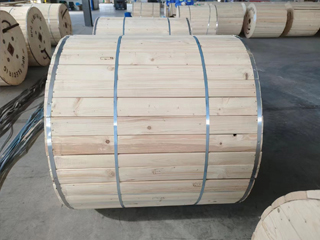
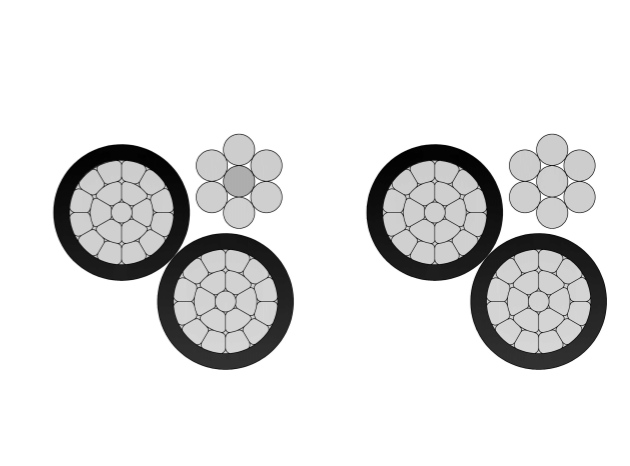
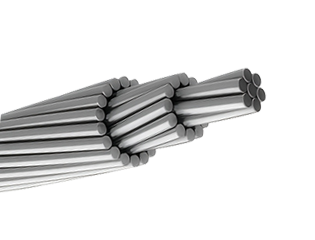
2Y-high-voltage-power-cable.webp)
